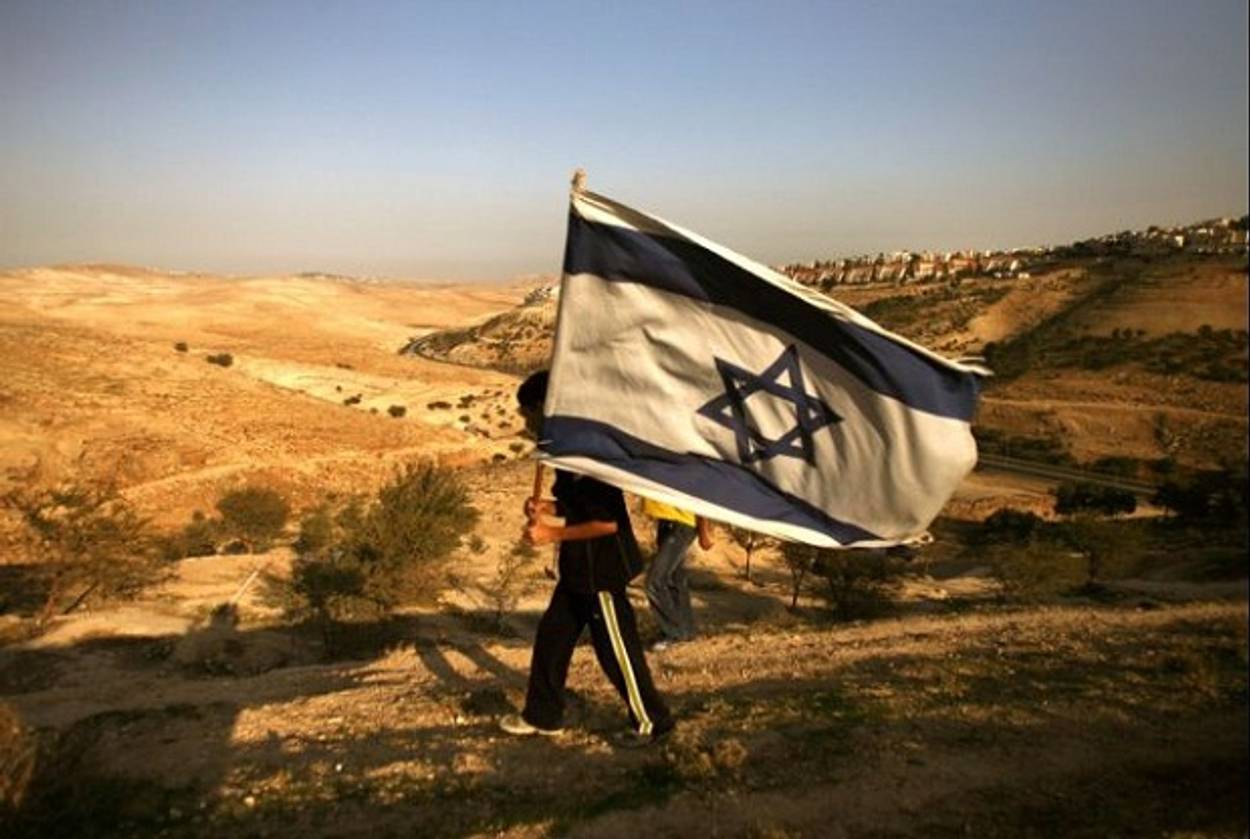Do the World’s Double Standards Absolve Israel?
Zionism and the coming age of isolation




Over the weekend, Israeli police and troops evacuated 100 Palestinian protesters from a warren of tents that had amassed in the E-1 section of the West Bank. The act, sanctioned by the High Court of Israel, was done in a tidy hour with no arrests made and no major injuries reported (other than by sources that would have reported injuries had the IDF and protestors played shesh-besh together).
The evacuation of non-violent protestors from privately owned Palestinian land will probably not go down in the annals of model democratic behavior, but the alternative–having a symbolic center of (potentially volatile) protest burgeon in a highly controversial area–was understandably better.
Meanwhile, consider that yesterday in Aleppo, the first day of exams at a university was interrupted by either a shelling or bombing, presumably by the Assad regime, an act that killed about 90 people and garnered not even a hint of notice. Or that last week the greatest hits of Egyptian President Mohamed Morsi surfaced in translation without hardly a peep of condemnation–though had Prime Minister Benjamin Netanyahu called Muslims or Arabs the “descendant of apes and pigs,” which is what Morsi called the Jews, violent, earth-rattling protests would have erupted across the globe.
Put all this in a cauldron with criticism of the Israeli candidates in the upcoming election: Apparently not only does an illiberal democracy no longer qualify as a democracy, but many people have misplaced the memo about the parliaments of Europe not exactly being stocked with tolerant leaders with reasonable ideas. (And some forget the huge portion of the world without ballots to cast.)
Nevertheless, with the tent city now cleared of protestors, the E-1 plan still looms, contentious as ever. Is it more of a stumbling block to peace than Palestinian rejectionism or the Second Intifada or two Gaza wars prompted by Hamas rocket fire? Of course not.
The rub is that we still have to pay attention to it. It’s too easy to obsess over the double standard that Israel faces at the expense of valid criticism; it’s too easy to say that a Palestinian state is still contiguous even if Israel settles that particular stretch of land. It’s also too easy to say that the demographic problem really isn’t a problem when the present and future cost of hanging onto the West Bank is eroding (and will continue to erode) Israel internally and externally.
The stakes are starting to seem higher than ever. The United Nations has basically stamped a colophon on a Palestinian state. The European Union–of all good arbiters–may put forth a peace proposal, which a decade ago might not have seemed a bad thing, but given the climate today, seems like a bad augur. Palestinian leaders have all but said that their next aim to isolate Israel. Even President Obama, who (I’m still pretty convinced) is highly supportive of and committed to Israel, is reported to have said, in light of the E-1 plan, that Israel doesn’t know what its own best interests are.
This is about more than one clumsy settlement plan. While the successful isolation of Israel would enfeeble the country economically and lessen the military advantage necessary to its survival, Israel needs to be twice as good–not because of European eyes–but for Jewish eyes and the future of Zionism, which was born out of the desire to live and lead independently in a Jewish nation. The alternative is to lessen our aspirations, which is a symptom of the powerlessness that Zionism sought to eradicate.
Israeli Police Evict Palestinian Protestors from E1 [NYT]
Syrian Army on Offensive in Aleppo After University Blast [Reuters]
Morsi: No Peace With Descendants of Apes and Pigs [JPost]
EU ‘to propose’ peace plan after Israel vote [AFP]
Palestinians Aim to Isolate Israel With New Steps [YNet]
Adam Chandler was previously a staff writer at Tablet. His work has appeared in the New York Times, the Wall Street Journal, the Atlantic, Slate, Esquire, New York, and elsewhere. He tweets @allmychandler.